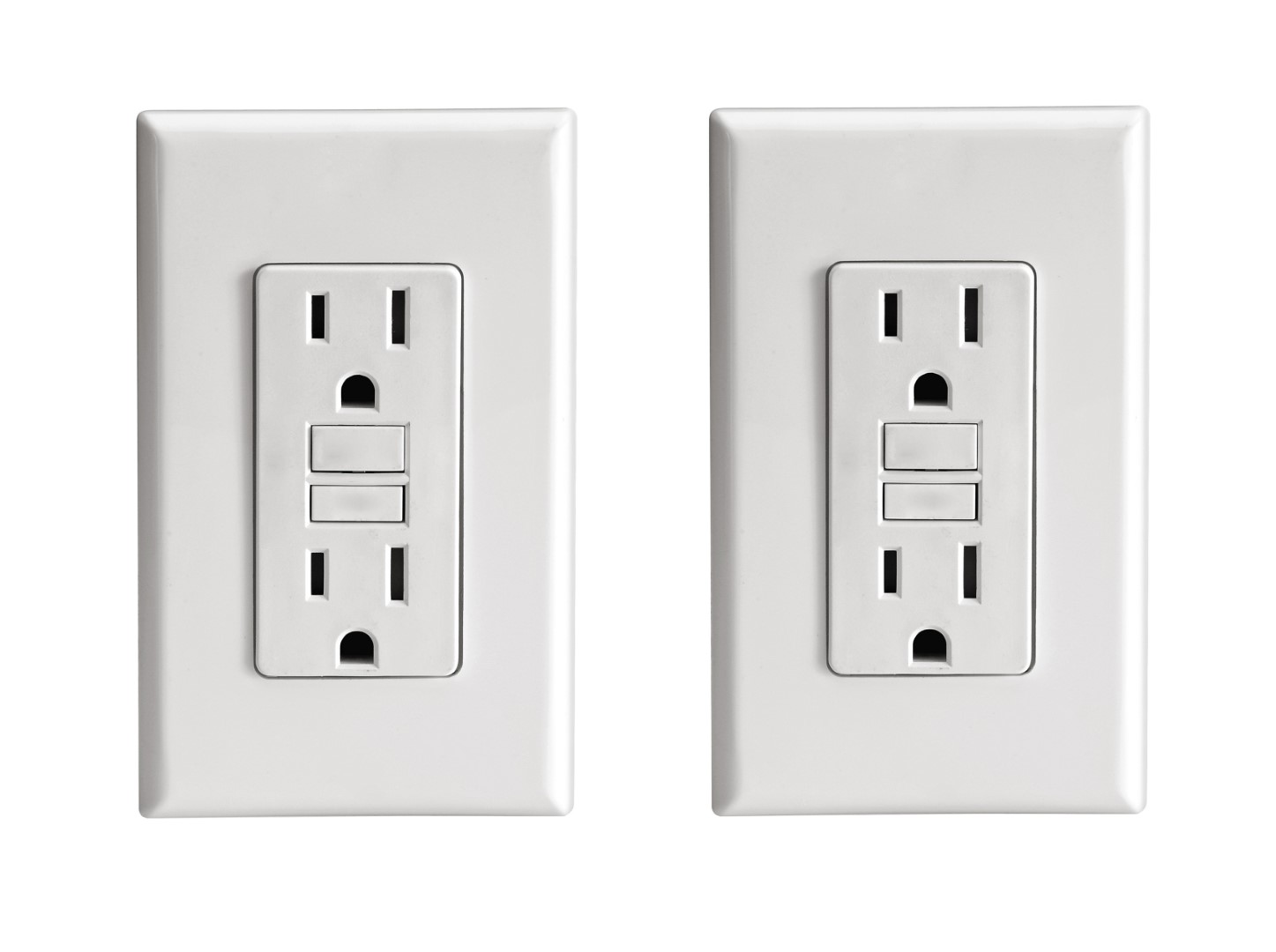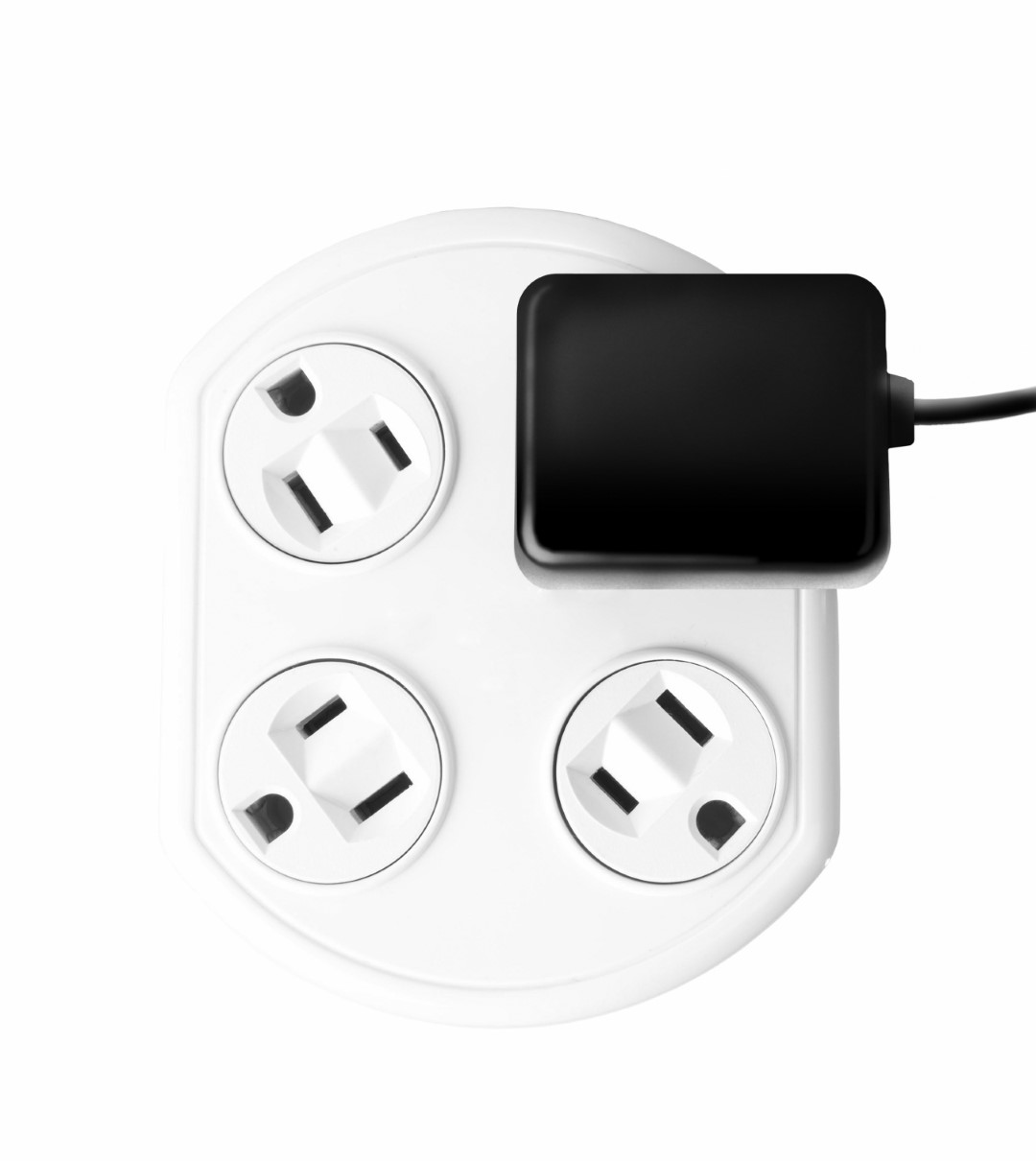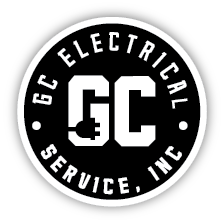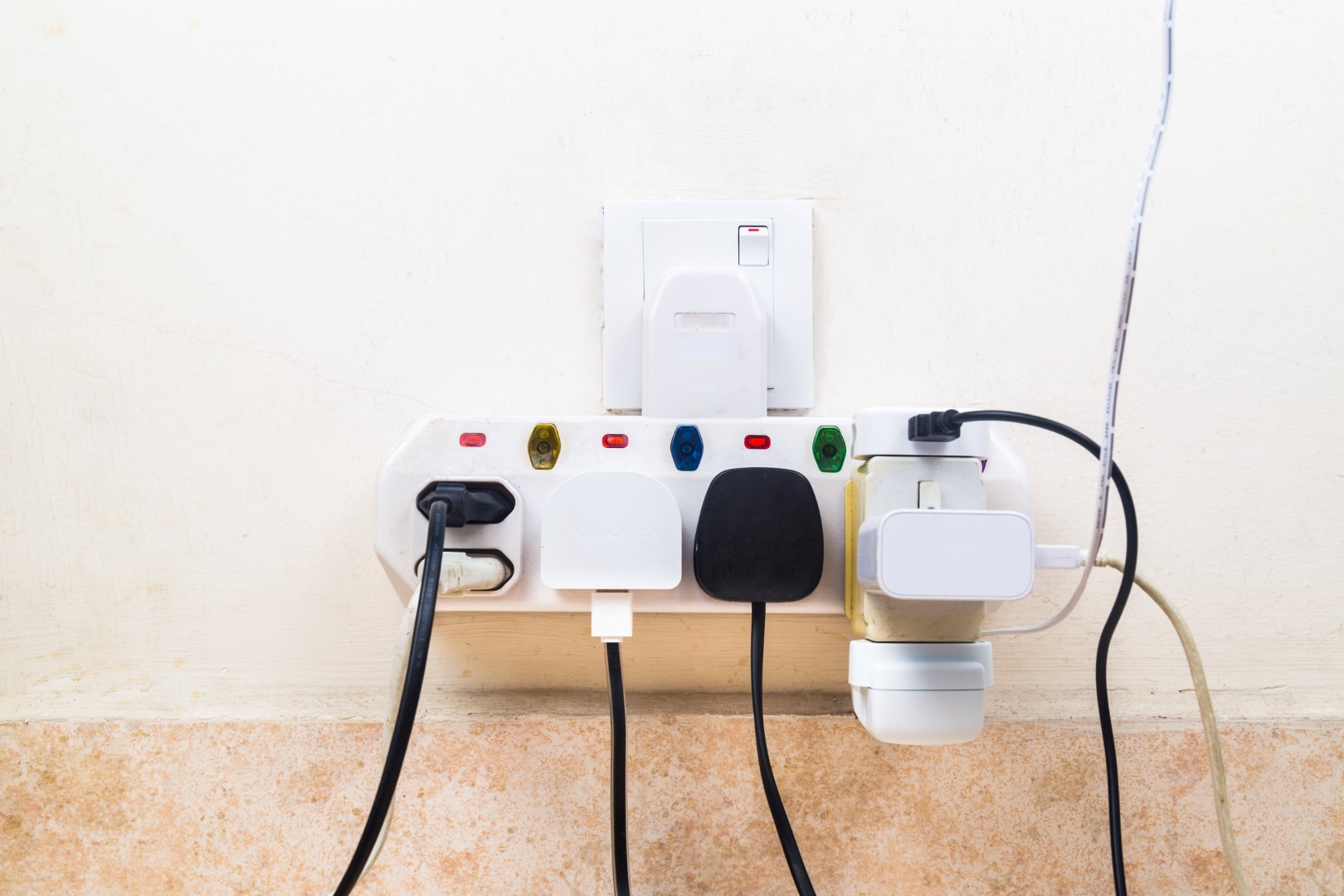Electricity powers nearly every aspect of our daily lives, from appliances to the devices that keep us connected. With this reliance on electricity comes the need for a safe and efficient electrical system, which is why properly grounded electrical outlets are essential for residential and commercial properties. Grounding is a crucial aspect of electrical safety that can protect your home or business from electrical hazards and ensure that your electrical system operates safely and efficiently.
This blog offers information about the importance of properly grounded electrical outlets, how grounding works, the dangers of ungrounded outlets, and the benefits of ensuring your outlets are correctly grounded. By understanding these key points, you can take the necessary steps to protect your property, loved ones, and yourself from the risks associated with improperly grounded outlets.
What Is Electrical Grounding?
Electrical grounding creates a direct physical connection between an electrical system and the earth. This connection allows excess electrical current to safely dissipate into the ground, preventing it from causing damage to your electrical system or creating a safety hazard. Grounding is a fundamental safety feature in any electrical system, and codes and standards worldwide require it.
How Grounding Works
In a properly grounded electrical system, the grounding wire provides a path of least resistance for electrical current to flow safely into the earth. This safety feature is particularly important in a fault, such as a short circuit or lightning strike, where excess current would flow through the electrical system and potentially cause damage or injury.
The grounding wire is connected to the metal parts of electrical devices and outlets, ensuring that if a fault in the wiring or a live wire comes into contact with the metal casing of an appliance, the current will be directed safely into the ground. This diversion prevents the metal casing from becoming energized, which could result in an electrical shock to anyone who touches it.
The Role of Grounded Outlets
Grounded outlets, typically identified by the presence of three prongs, play a crucial role in the grounding system. The third prong, known as the ground prong, connects the appliance or device to the grounding system, providing a safe path for excess electrical current. Without this grounding connection, the electrical system is at a higher risk of faults, leading to potentially dangerous situations.
The Dangers of Ungrounded Outlets
Ungrounded outlets, commonly found in older homes and buildings, lack the third prong and do not provide a direct path for excess electrical current to dissipate safely. These outdated outlets can lead to several hazards, making ungrounded outlets a significant safety concern.
Risk of Electrical Shock
One of the most immediate dangers of ungrounded outlets is the increased risk of electrical shock. Without proper grounding, if a live wire comes into contact with the metal casing of an appliance or device, the current can flow through the casing and into the person touching it, resulting in an electrical shock. This risk is especially concerning in environments where water is present, such as kitchens and bathrooms, as water is a good conductor of electricity.
Fire Hazards
Ungrounded outlets can also increase the risk of electrical fires. When an electrical fault occurs, such as a short circuit, the excess current can cause the wiring to overheat. Without a grounding system to safely redirect this current, the heat generated by the excess current can ignite nearby materials, leading to a fire. Electrical fires can spread quickly and cause significant property damage, making it essential to address ungrounded outlets promptly.
Damage to Electrical Devices
Ungrounded outlets can damage electrical devices in addition to safety risks. Many modern appliances and electronics work with grounded outlets, and using them with ungrounded outlets can result in malfunctions or even permanent damage. This damage can particularly affect sensitive electronics, such as computers and home entertainment systems, which can be damaged by electrical surges or faults that are not properly grounded.
Non-Compliance with Electrical Codes
Another important consideration is that ungrounded outlets may not comply with current electrical codes and standards. Building codes have evolved to improve safety, and grounded outlets are now required in most new construction and renovations. If your home or building still has ungrounded outlets, it may not meet these safety standards, which could impact your ability to sell the property or obtain insurance.
Benefits of Properly Grounded Outlets
Ensuring that your electrical outlets are properly grounded offers numerous benefits, from improved safety to better performance of your electrical devices. Here are some of the key advantages of grounding your outlets:
Enhanced Safety
Properly grounded outlets provide enhanced safety. Grounding reduces the risk of electrical shock, fire, and damage to electrical devices by providing a safe path for excess current to dissipate. This safety measure is especially important in households with children or pets, where electrical safety is a top priority.
Protection Against Electrical Surges
Grounded outlets can protect your electrical devices from damage caused by electrical surges. Surges can occur for various reasons, including lightning strikes, power outages, or the operation of high-power appliances. A properly grounded outlet helps to redirect the excess current from a surge safely into the ground, preventing it from reaching your devices and causing damage.
Compliance With Electrical Codes
By ensuring that your outlets are properly grounded, you can bring your electrical system into compliance with current building codes and standards, which not only improves safety but also helps to protect your investment in your property. Compliance with electrical codes is often required for home insurance and can be a key factor in the resale value of your home or building.

Improved Device Performance
Many modern appliances and electronics work with grounded outlets. Properly grounded outlets ensure these devices function as intended and reduce the risk of malfunctions or damage. Using grounded outlets also extends the lifespan of your devices and saves you money on repairs and replacements.
Peace of Mind
Finally, properly grounded outlets provide peace of mind, knowing that your electrical system is safe and up to date. Knowing that your outlets are grounded allows you to use your electrical devices confidently and reduces the worry of potential hazards, whether you're a homeowner, property manager, or business owner.
How to Determine If Your Outlets Are Grounded
If you need help determining whether your outlets are properly grounded, there are a few steps you can take to determine their status. Identifying ungrounded outlets is the first step in addressing any potential safety concerns.
Visual Inspection
The easiest way to identify ungrounded outlets is through a visual inspection. Grounded outlets typically have three prongs: two vertical slots and a round hole for the ground prong. Ungrounded outlets, on the other hand, will only have two slots and no ground prong. If your outlets need the third prong, they are likely ungrounded and should be evaluated by a professional electrician.
Using an Outlet Tester
For a more accurate assessment, you can use an outlet tester to check the grounding of your outlets. An outlet tester is a small, inexpensive device that plugs into an outlet and indicates whether it is properly grounded. Most outlet testers have a series of lights illuminating in different patterns depending on the outlet's status. If the tester shows that the outlet is ungrounded, it's important to have a licensed electrician inspect the wiring and make any necessary repairs.
Professional Inspection
If you're unsure about the condition of your outlets or suspect that your wiring may be outdated, it's best to consult a licensed electrician. A professional inspection can comprehensively assess your electrical system, identify ungrounded outlets, and recommend the appropriate action to ensure your system is safe and up to code.
Upgrading to Grounded Outlets
If your home or building has ungrounded outlets, upgrading to grounded outlets is an essential step in improving the safety and functionality of your electrical system. While the process of upgrading may vary depending on the age and condition of your wiring, it typically involves the following steps:
Assessing the Wiring
Before upgrading, a licensed electrician will assess your existing wiring to determine whether it can support grounded outlets. In some cases, older wiring may need to be replaced or updated to accommodate grounding. The electrician will also check for any other issues, such as damaged or outdated wiring, that may need to be addressed during the upgrade.
Installing Ground Wires
If your wiring is in good condition, the electrician will install ground wires to connect the outlets to the grounding system. This installation typically involves running new wires from the outlet to the electrical panel or a grounding rod. In some cases, the electrician may also install ground fault circuit interrupters (GFCIs), which provide additional protection against electrical shocks in areas where water is present.
Replacing the Outlets
Once the ground wires are installed, the electrician will replace the ungrounded outlets with grounded ones. This replacement includes installing three-pronged outlets that provide a secure connection for the grounding system. The electrician will also test the outlets to ensure they are grounded and functioning properly.
Final Inspection
After the upgrade, the electrician will conduct a final inspection to verify that all outlets are grounded and that the electrical system meets current codes and standards. This inspection is essential to ensure that the upgrade has been completed safely and that your electrical system complies with local regulations.

Prioritize Electrical Safety With Proper Grounding
Properly grounded electrical outlets are critical to a safe and efficient electrical system. Grounding protects against electrical shocks, fires, and device damage, ensuring your home or business operates safely. If your property has ungrounded outlets, it's important to address this issue promptly by upgrading to grounded outlets with the help of a licensed electrician.
By ensuring that your outlets are properly grounded, you can enjoy the peace of mind that comes with knowing your electrical system is safe and up to date. Whether you're upgrading an older home, renovating a commercial building, or simply improving the safety of your property, grounding your outlets is an investment in the long-term safety and functionality of your electrical system.
Visit our GC Electrical Service Inc. blog for expert advice on electrical safety and to learn more about the importance of grounding. Our in-depth resources will help you stay informed and protect your property.


